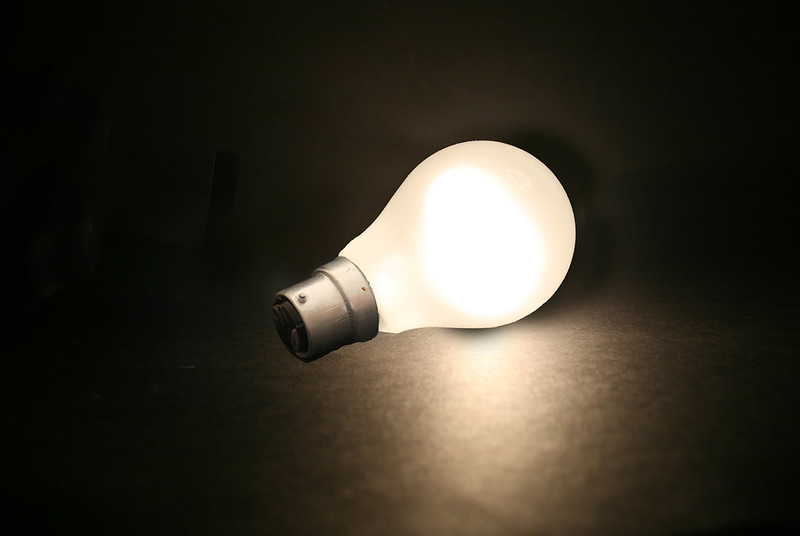Recent changes in Japan’s energy trading sector have drawn a strong response from major players who are now calling on the government to make the market more suitable for renewable energy sources.
In response to METI’s review of current electricity trading platforms, these major players have told the ministry to either scrap the capacity market or revise it in a way that will stimulate the construction of clean energy generation.
The purpose of METI’s review is to find ways to amend and improve existing markets by synchronizing some of the platforms. In one step towards electricity market optimization, the Agency for Natural Resources and Energy (ANRE) proposed a bidding system in which electricity supply (spot market) and adjustment (balancing market) are simultaneously contracted. The proposal is based on the British nodal scheme adopted in 2022 under which prices are determined on a node-by-node basis, taking into account grid congestion.
Another model that METI is also considering is a “Three-Part Offer” that takes into consideration three key factors in securing electricity in the market: availability of capacity; availability of volume; and the cost and time involved in acquiring this electricity so that it’s at hand and ready to be consumed. To some extent, this model mirrors the North American PJM and NYISO mechanisms.
While discussions on market reform continue, METI’s website contains a selection of comments from market players on its revision plan; albeit the comments were made anonymously, and there are also responses to those comments.

